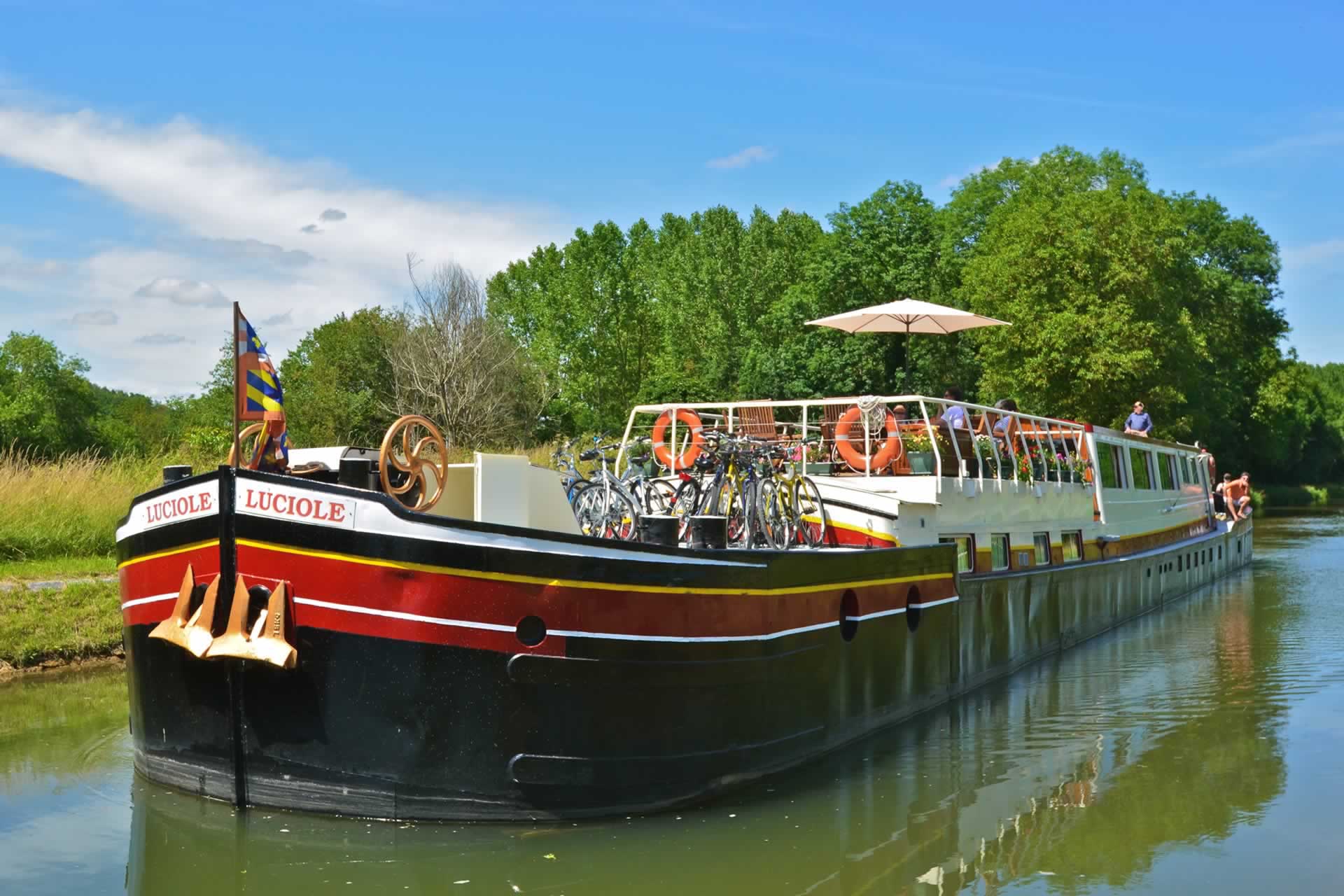- Previous
- |
- All articles
- |
- Next
Canal Trusts
The school I attended was proud of its reputation. In such a powerhouse of learning, fundamental truths were conveyed. Not least in History, where in our coverage of the Industrial Revolution, homage was paid to that giant of the era, Francis, Duke of Bridgewater. For it was he, we were told, who in an orgy of inspiration effectively invented canals.
It was a falsehood that lived on for years, to be repeated only the other day by one of my contemporaries. Putting him right proved difficult. It was like explaining to a child the non-existence of Father Christmas. The Duke did not originate canals. Not only that, but in his travels as a student he paused to examine the Canal du Midi in France - a route constructed a century beforehand. And on a far grander scale.
That there are waterways in Europe still being created was lost on my listener entirely. Unreported in our media, they are beyond the ken of many, politicians included. Time and again, amongst sane and educated people in Britain the notion is encountered that canals are passé, “relics of a faded industrial past”, and so forth. Were I to explain that on a visit to Dordrecht, in the floating emporium there, it is possible to see barge captains trying the latest in steerer’s chairs, or that if you linger on the lock side south of Montélimar you have 80 feet of ladder to descend, I might as well be speaking of Mars.
When the Moselle Navigation was opened in 1964, a huge engineering achievement (and a beautiful route for cruising incidentally, with a separate system of small-sized locks), it was scarcely reported in Britain. Nor were other innovations in Europe during the years to follow. The building of our motorway system has been covered in our media though, for it is perceived as “modern”.
The remonstrance will be made, of course, that the waterways of Europe are on a massive scale, based upon ‘natural highways’, such as the Rhine (which in practice has a raging current, had to be dynamited to make the middle portion navigable in any kind of safety, and above that requires ten sets of locks).
But there are smaller routes too, many of them delightful, and on them all there is that strength of association. Freight brings purpose, a proper justification for keeping the entirety. Not at all is this the dreaded “Garden of Leisure” that the late Robert Aickman so witheringly prophesied for the canals of old England.
English ambitions, however, remain on the lesser scale, and somewhat quaint. To fill in the picture the British Waterways website is highlighting the glories of the Canal & River Trust, soon to come. It is accompanied on another section – or was so in January – by that vintage curiosity, Our Vision. In this the ambition is stated of creating, by 2012, “an expanded, vibrant largely self-sufficient network used by twice as many people as in 2002”. Quite who these additional users might be I have never understood. Are they boaters, wanderers on the towpath, people at visitor centres? And how, particularly, were they to have been attracted? Whatever the explanation, the numbers – ascertained, apparently, through a polling organisation BW subscribes to – have remained effectively static. There seems no particular of public footpaths would probably turn out the same. But why bother? If this is how ‘public benefit’ is measured, it builds a pretty gormless picture. Our canals should never be handed over to Butlins.
The new part of the site, headed The Canal & River Trust – Keeping People, Nature and History Connected marches on with the same endeavour. Here we have the waterways made exciting, or presented as such, while omitting any reference to their distinctive feature - that of Navigability.
As to freight, there is nothing about that either. None whatsoever. With 300 miles of “Commercial” waterways being handed over this is an evasion of responsibility that is scandalous. But then, on the fatuous yardstick of popularity, as assessed through telephone polling of a society unaware of what goes on elsewhere in Europe, what could we expect?
The notion of a Trust has its virtues, but it needs to be based on firmer values. To be properly funded and with an eye to development. Meanwhile the pretence continues: that Navigation does not matter; Popularity is the thing. It is a terrible trivialisation.
- Previous
- |
- All articles
- |
- Next
Hotel barge Luciole
Cruising since 1976
Phone: 00 44 1625 576880
From USA: 011 44 1625 576880
Whatsapp: 00 33 6 09 92 20 76
Email: info@bargeluciole.com
23 Adlington Road, Bollington
SK10 5JT England
1-2 Quai de la Republique, Auxerre
89000 France
© Hotel Barge Luciole 2026



